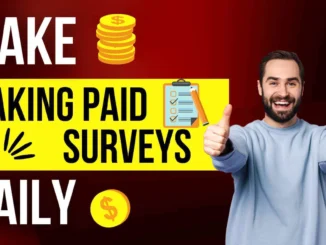
Earning Extra Income By Taking Surveys And Get Paid (Make Up To $50 Daily)
Looking to make some extra money on the side? Taking online surveys can be a simple and rewarding way to earn extra income without leaving […]

Looking to make some extra money on the side? Taking online surveys can be a simple and rewarding way to earn extra income without leaving […]

Earning money by teaching online has become increasingly popular in recent years. With the rise of remote work and flexible side hustles, teaching online presents […]
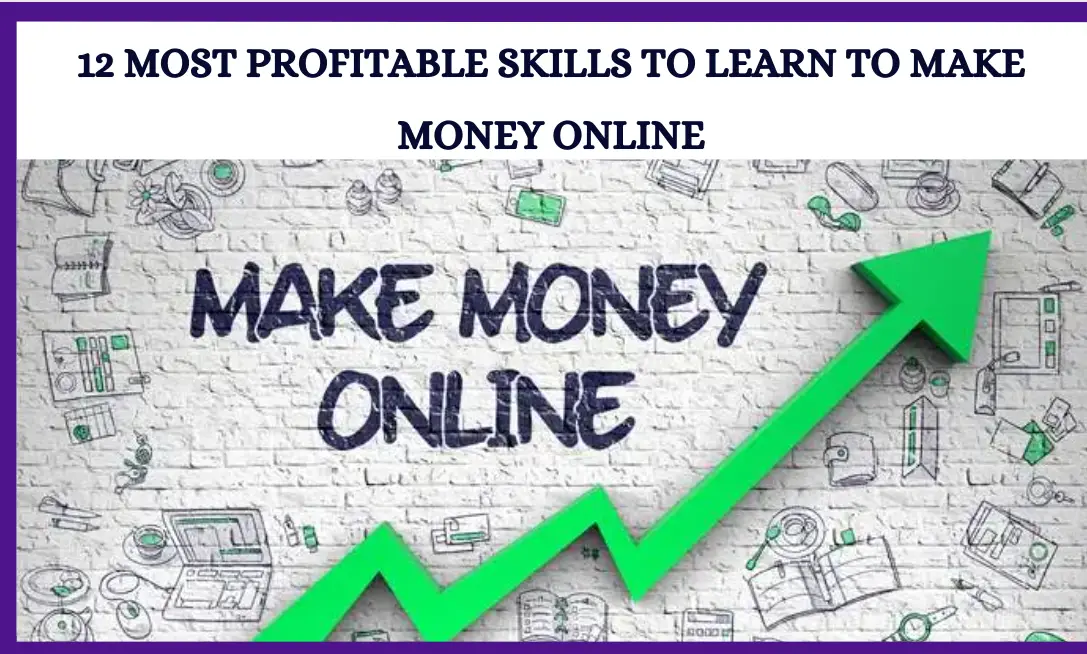
In this article, we will discuss the top 12 most profitable skills to learn online that can help you make money from home and earn […]

Starting an online business can be an exciting and rewarding endeavor. With low overhead costs and global reach, selling products online provides tremendous opportunities to […]

If you are a female who is interested in making money, then this article will provide some tips that can help you to make money […]

Do you want to earn money from writing jokes? If so, then you should read this post. Writing jokes isn’t easy. You need to come […]
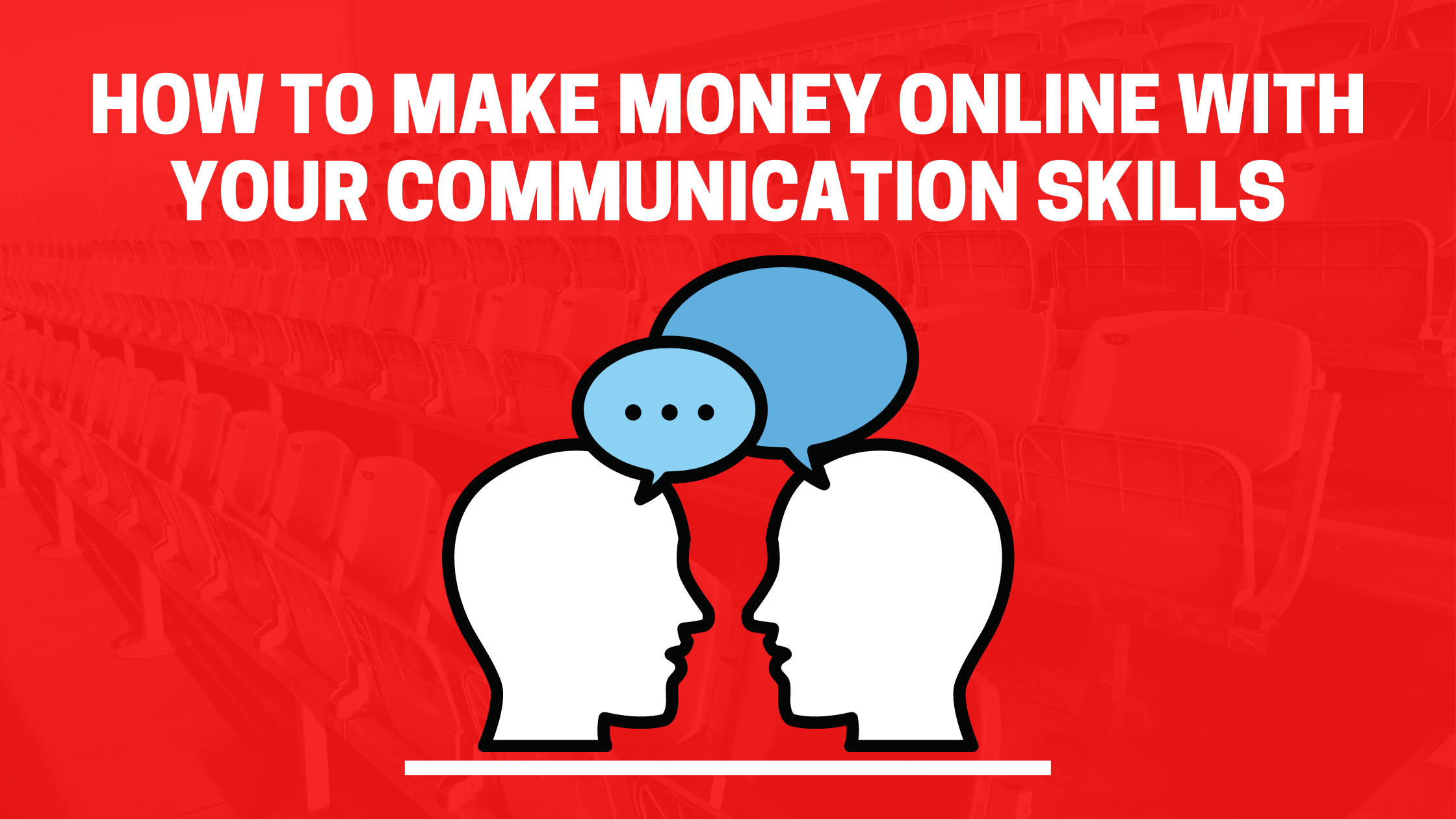
How can I get paid to communicate? There are lots of ways to earn side income from home. This article shows you how to make […]
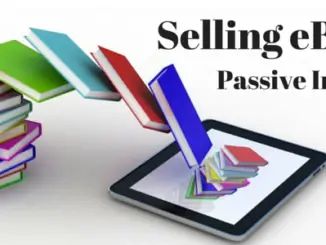
Selling eBooks online provides an excellent opportunity to generate passive income in 2023. With minimal overhead and easy global distribution through ecommerce platforms, eBooks offer […]

Ecommerce continues to grow rapidly year after year. In 2021 alone, global ecommerce sales surpassed $4.9 trillion. With more people than ever shopping online, now […]

DoorDash has become one of the most popular food delivery services, providing a flexible way for drivers to earn extra income. With the right strategies, […]
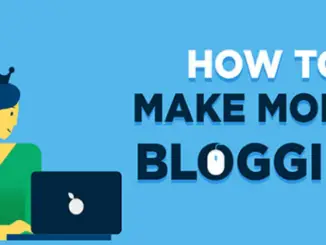
Starting a blog can be an incredibly rewarding endeavor, both financially and personally. With hard work and consistency, it’s possible to earn a lucrative monthly […]
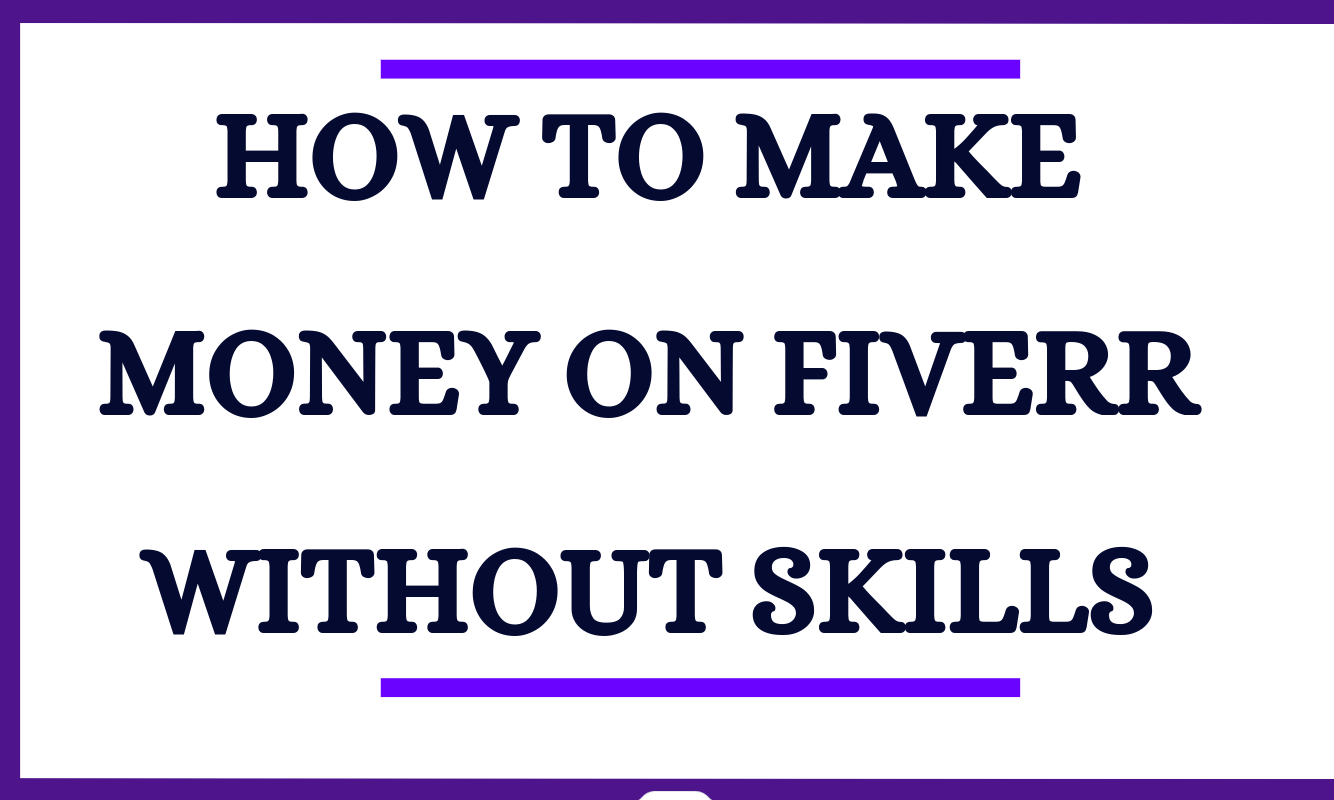
Do you want to make extra money on Fiverr without having any skills? What if I told you there are gigs that you can do […]

If you are a teenager, then you probably have many questions about how to become a teenage millionaire. You may be wondering what it takes […]
Copyright © 2024 | WordPress Theme by MH Themes